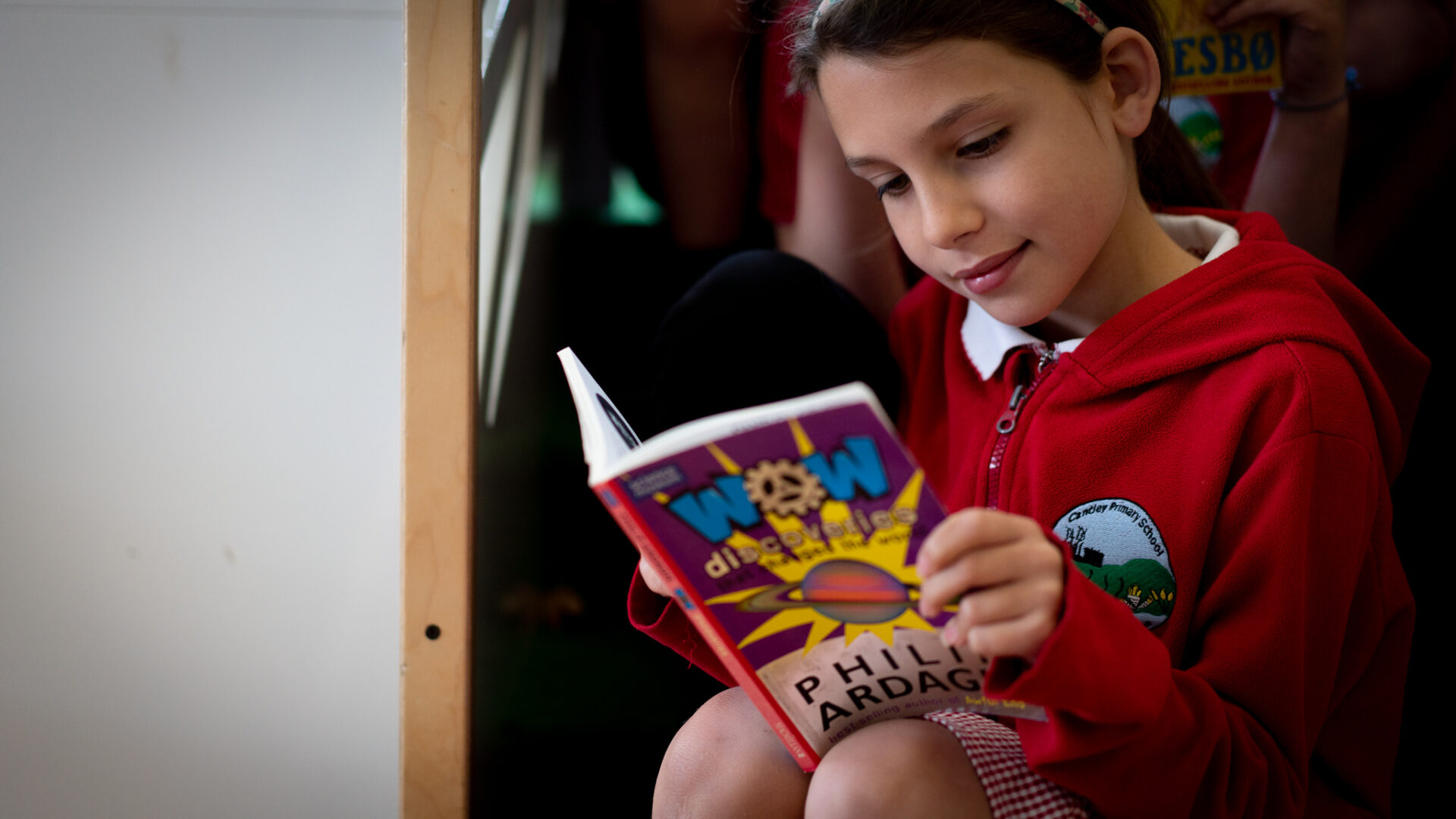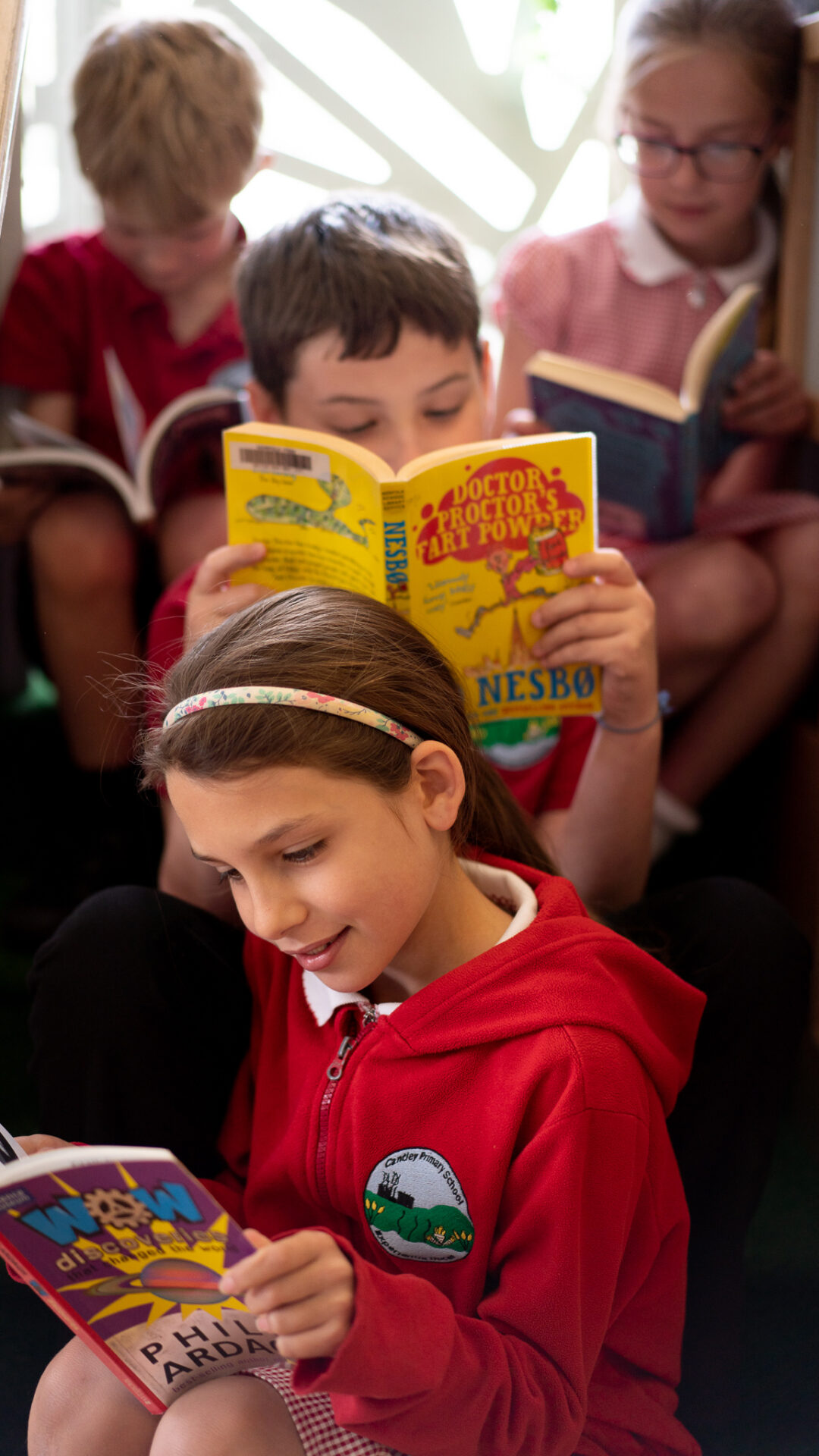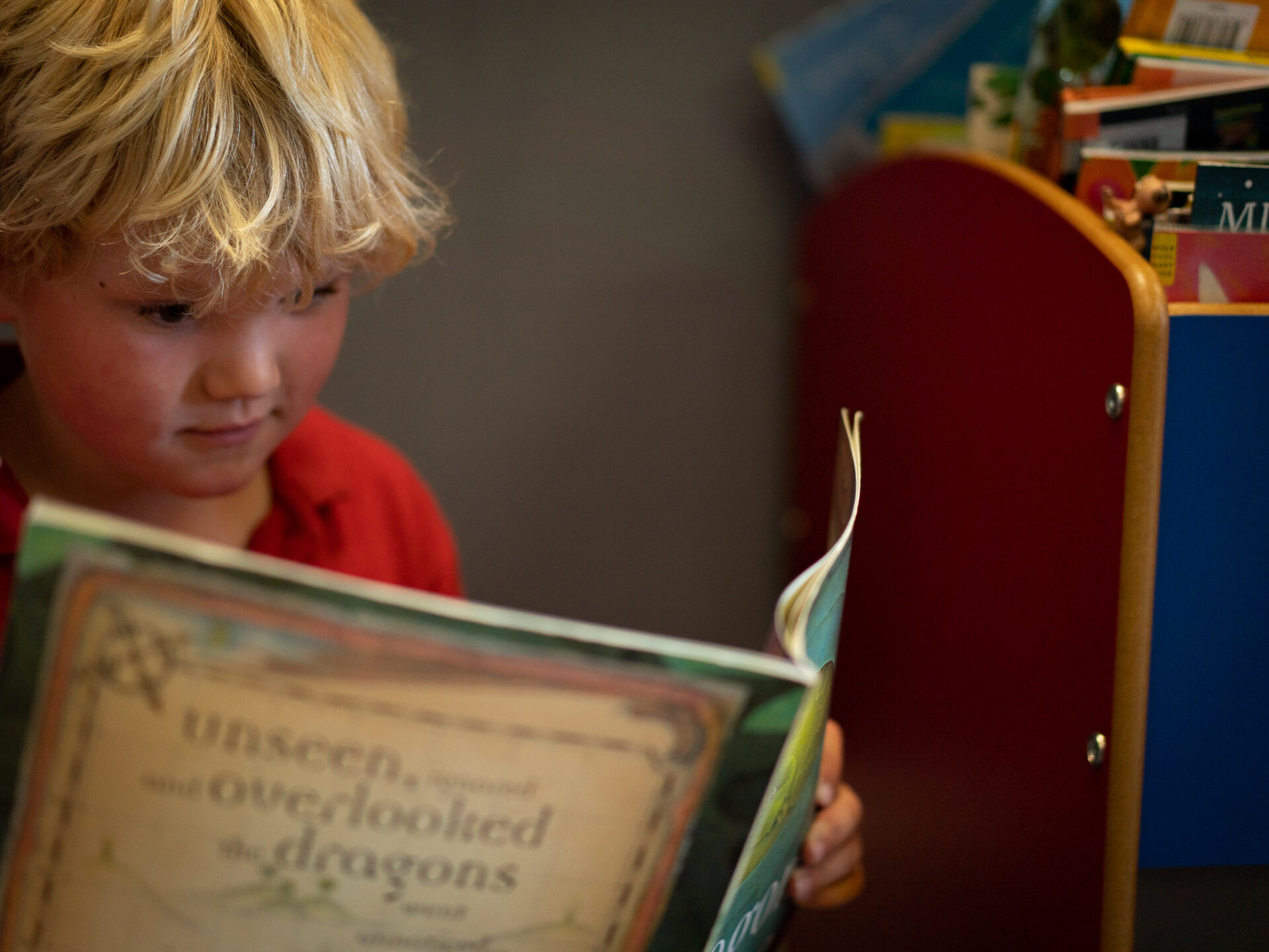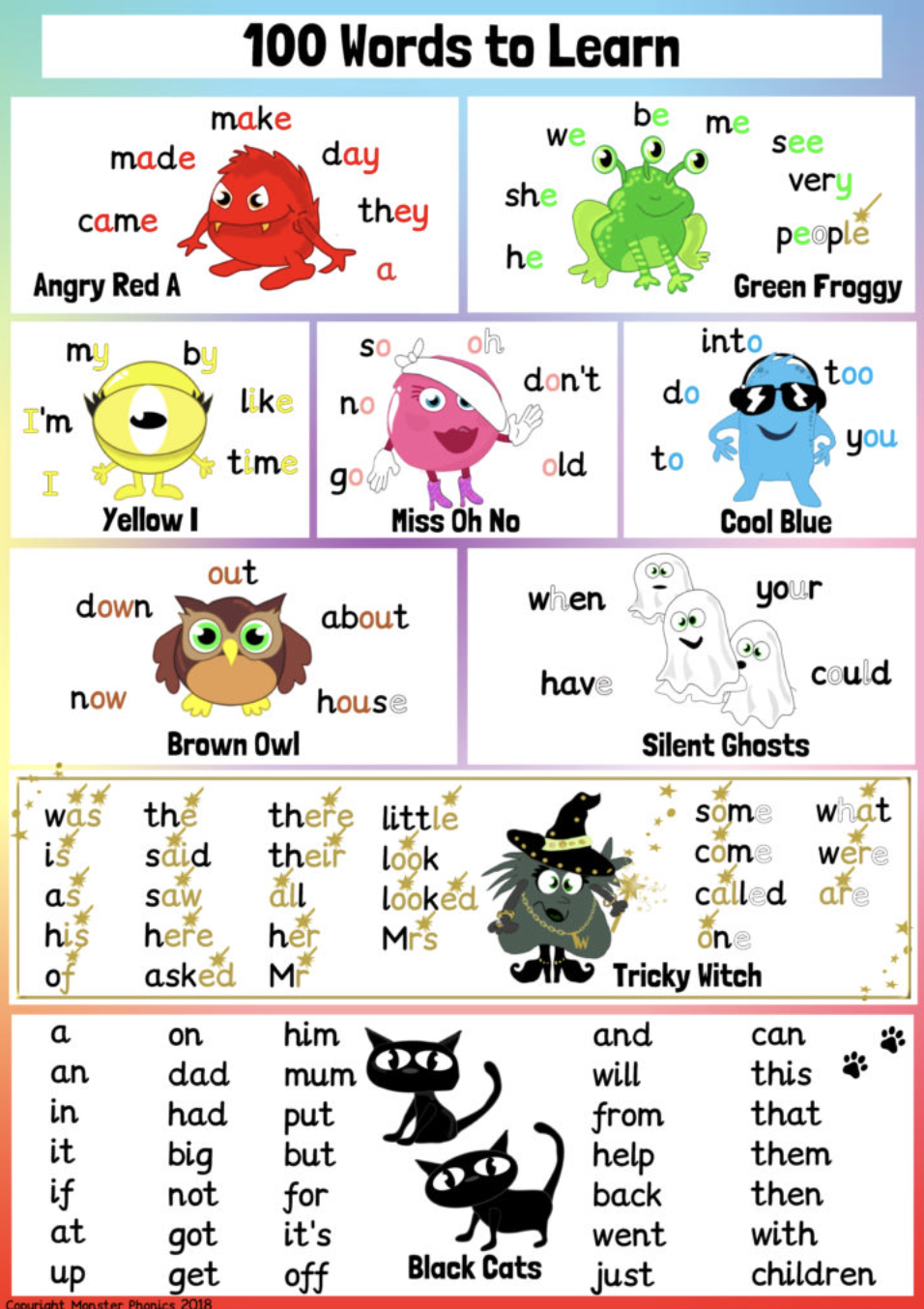Understanding English, Communication and Language

What does English, Communication and Language look like at the Coastal Together Federation?
At the Coastal Together Federation we recognise the importance that English plays in our children's lives. English is the door to the curriculum, without it our children could miss further opportunities with their learning. Reading and high quality texts are at the heart of what we do. Our children's academic progress is enhanced with a rich and demanding sequence of learning which is based around books to inspire and deepen their understanding. We want our children to be confident and creative writers who are not afraid to make mistakes. We want them to be independent and fluent readers and enjoy reading books for pleasure.
Our English curriculum focuses on the use of ambitious vocabulary which is intertwined into our foundation subjects to ensure deepened knowledge and understanding. We aim for our children to develop positive attitudes towards different cultures and languages across the World. This is done through the teaching of languages and through a range of stories from every part of the globe.
How do we teach and enhance children's knowledge in English, Communication and Languages?
We base all our English planning on high quality texts, this can be stories, poetry and non-fiction. By using these texts it enables the children to produce high quality work. Our English curriculum also includes phonics sessions which are the building blocks to the entire curriculum. We encourage the children to develop a love of reading and writing through events such as World Book Day, topic days and trips. In all three schools there are well stocked libraries that the children enjoy exploring. Staff also share their love of a range of books with the children in different ways including reading assemblies and class books.
In Modern Foreign Languages, our children are introduced to French and Spanish in a fun, interactive way to in still enjoyment. Children will reflect on the similarities and differences between these languages and English.
What is the impact of English, Communication and Language at the Coastal Together Federation?
By the end of KS1 our children have gained the confidence and knowledge to read books independently. Their phonetic knowledge helps them develop an enjoyment of reading and writing which is carried on into KS2.
By the end of KS2 our children are effective communicators and are able to write confidently for a wide range of purposes and contexts. Our children are readily prepared for their transition for secondary school and can use their skills to progress with their studies. Through our carefully selected texts children develop important social skills and are introduced to role models which make them effective decision-makers for the future.


How do we ensure coverage and progression in English, Communication and Language?
Our English sequences are taught through a range of texts that link to the wider curriculum. These texts cover a range of genres including fiction, non-fiction and poetry. We have seen a huge improvement in our children's vocabulary, knowledge and understanding through having a fully combined curriculum. The progression across year groups is tracked using writing books which are passed up each year. Children are assessed using assessment grids to check they are using the expected punctuation, grammar and spelling for that year group.
We have seen a rise in our children's love of reading and words. Our children are inquisitive and explore language because they are confident with the words they are using. They have enhanced vocabulary because of this.
How do we teach phonics?
High quality phonics teaching is crucial in helping children to learn to read and spell. Because of the complex alphabetic code of English, children are taught explicitly the correspondences between letters and sounds (graphemes and phonemes), as well as the skill of blending the individual sounds together to read. We do this through a systematic synthetic phonics programme called Monster Phonics.
The term ‘synthetic’ phonics refers to the verb ‘synthesise’, meaning ‘to combine’. The skill of segmenting words into their individual sounds is needed for spelling.
Monster Phonics is a fun way to teach Systematic Synthetic Phonics. Its advanced multisensory approach uses 10 Monster characters to create interest and engagement for children.
Click Here to find out more.


